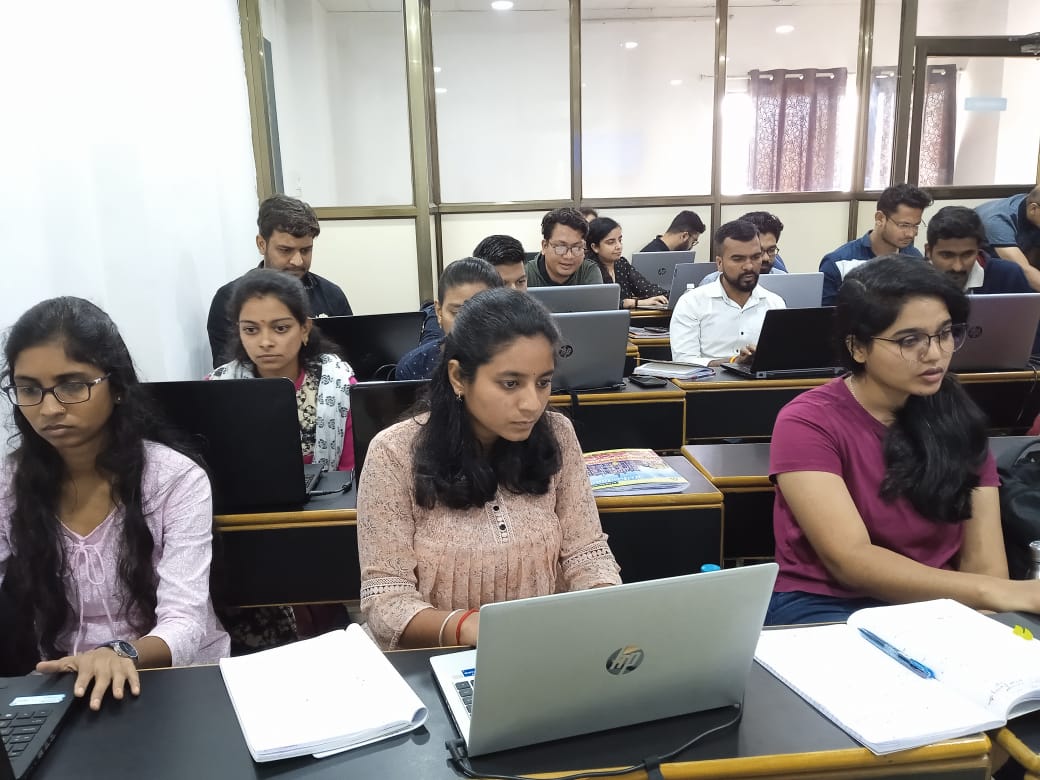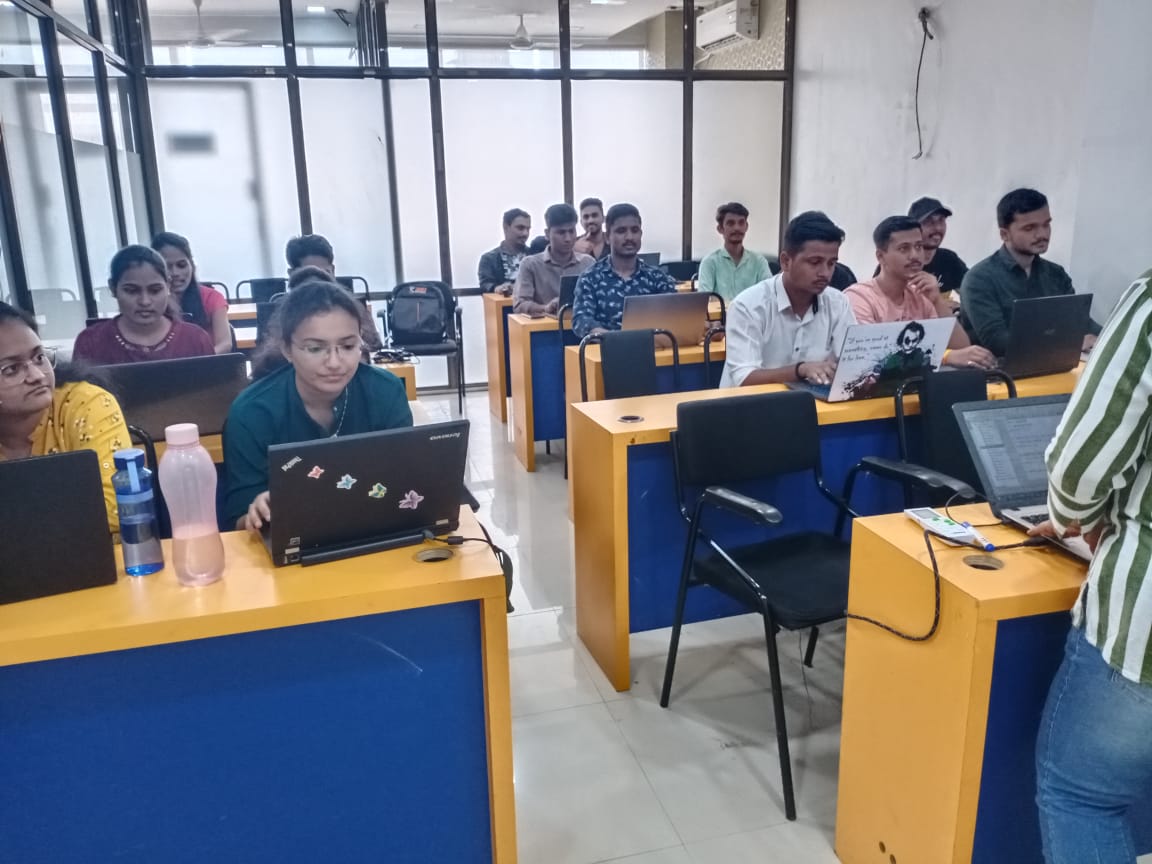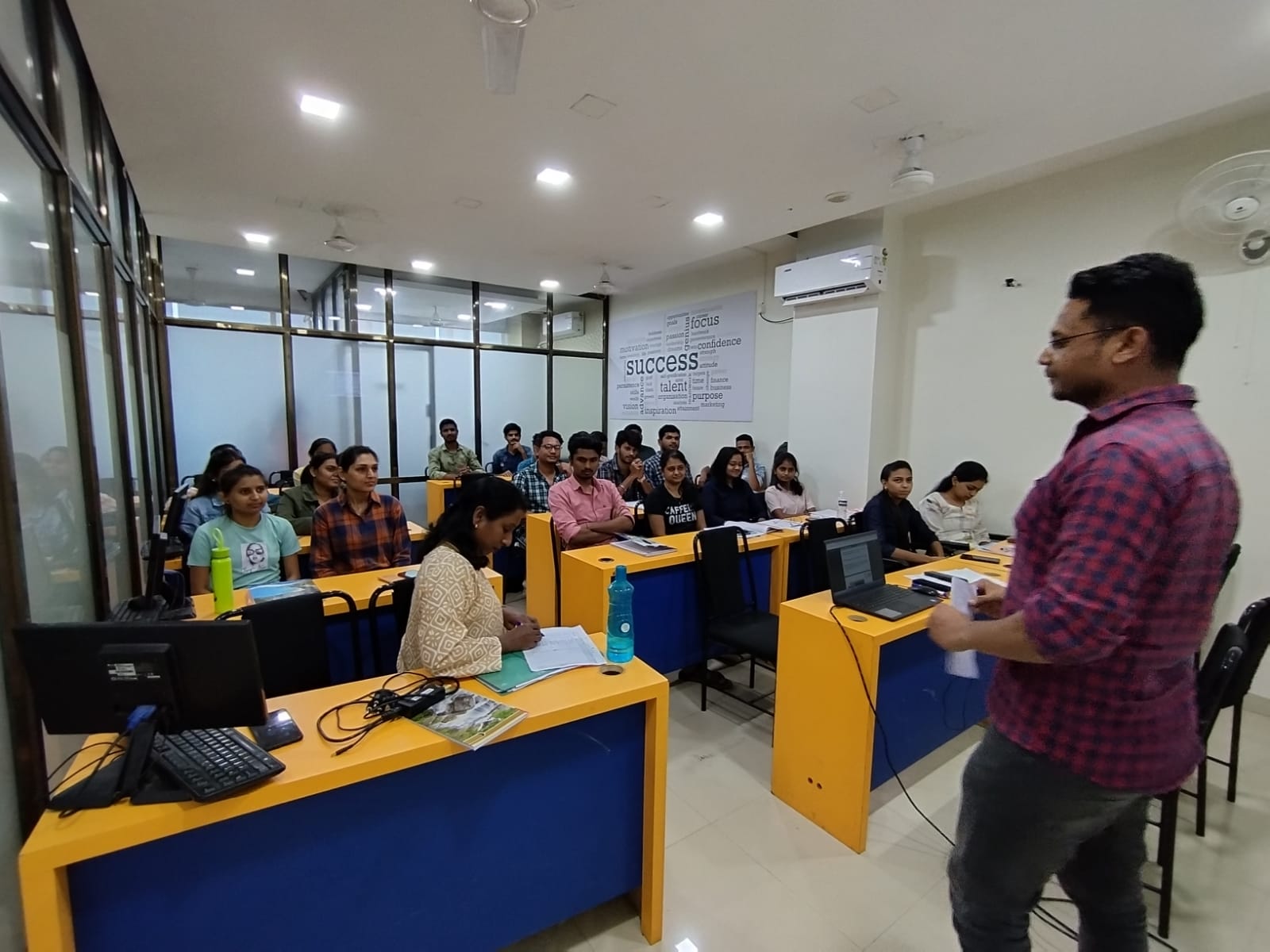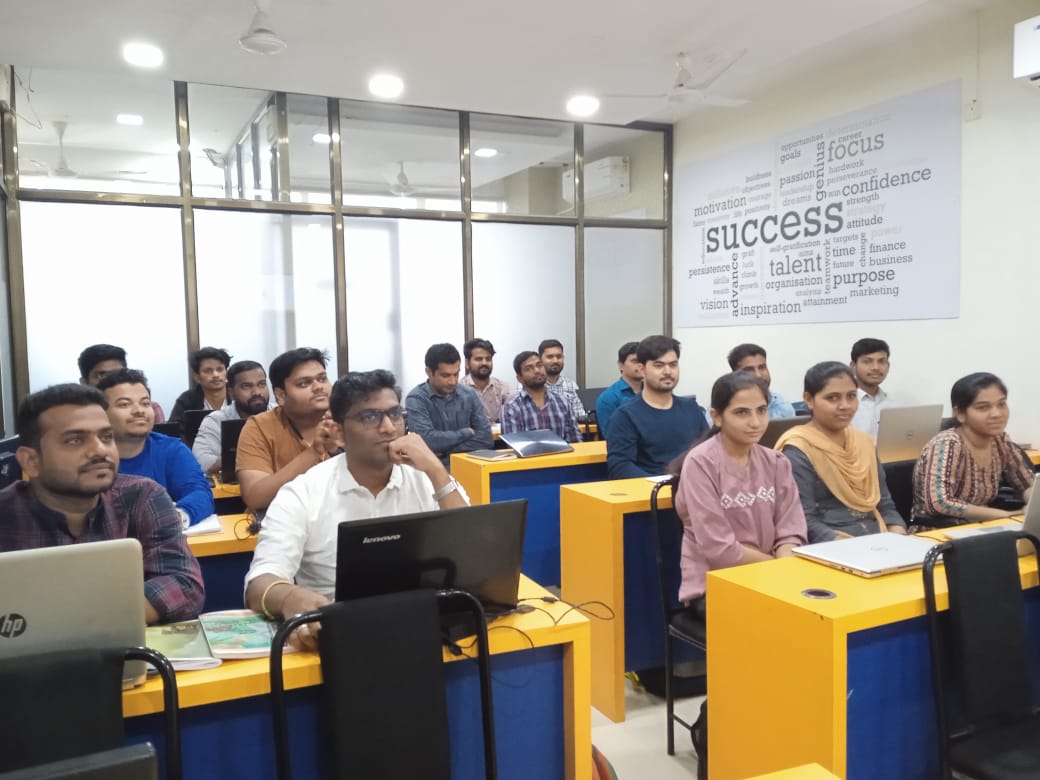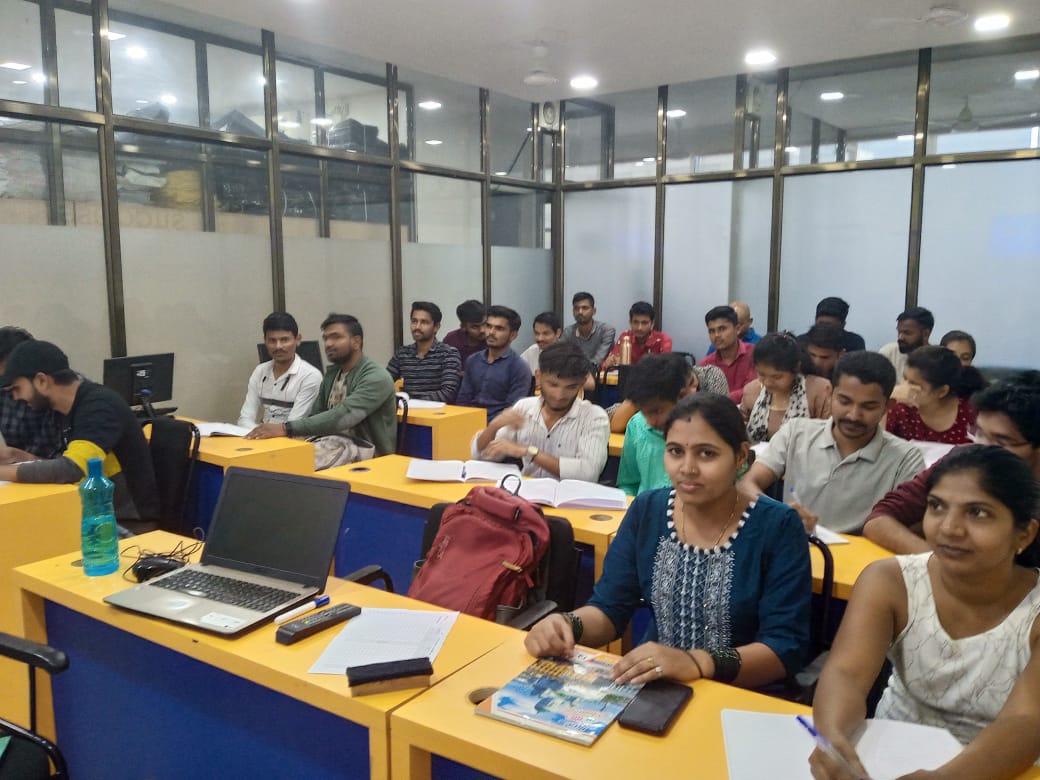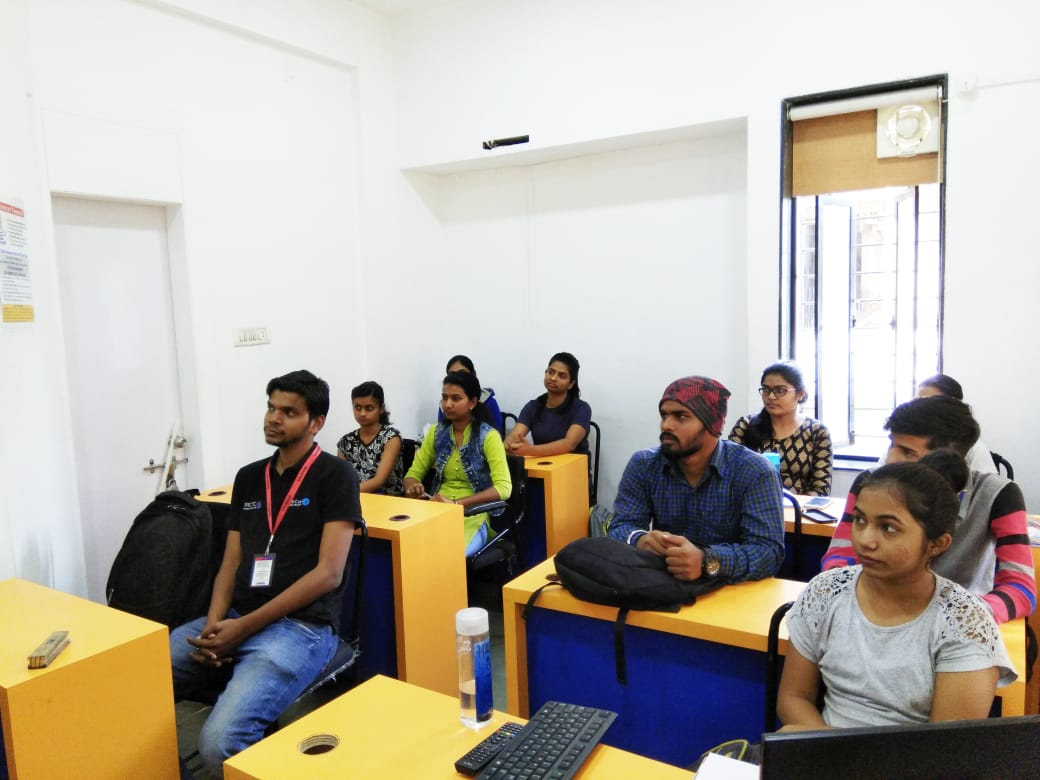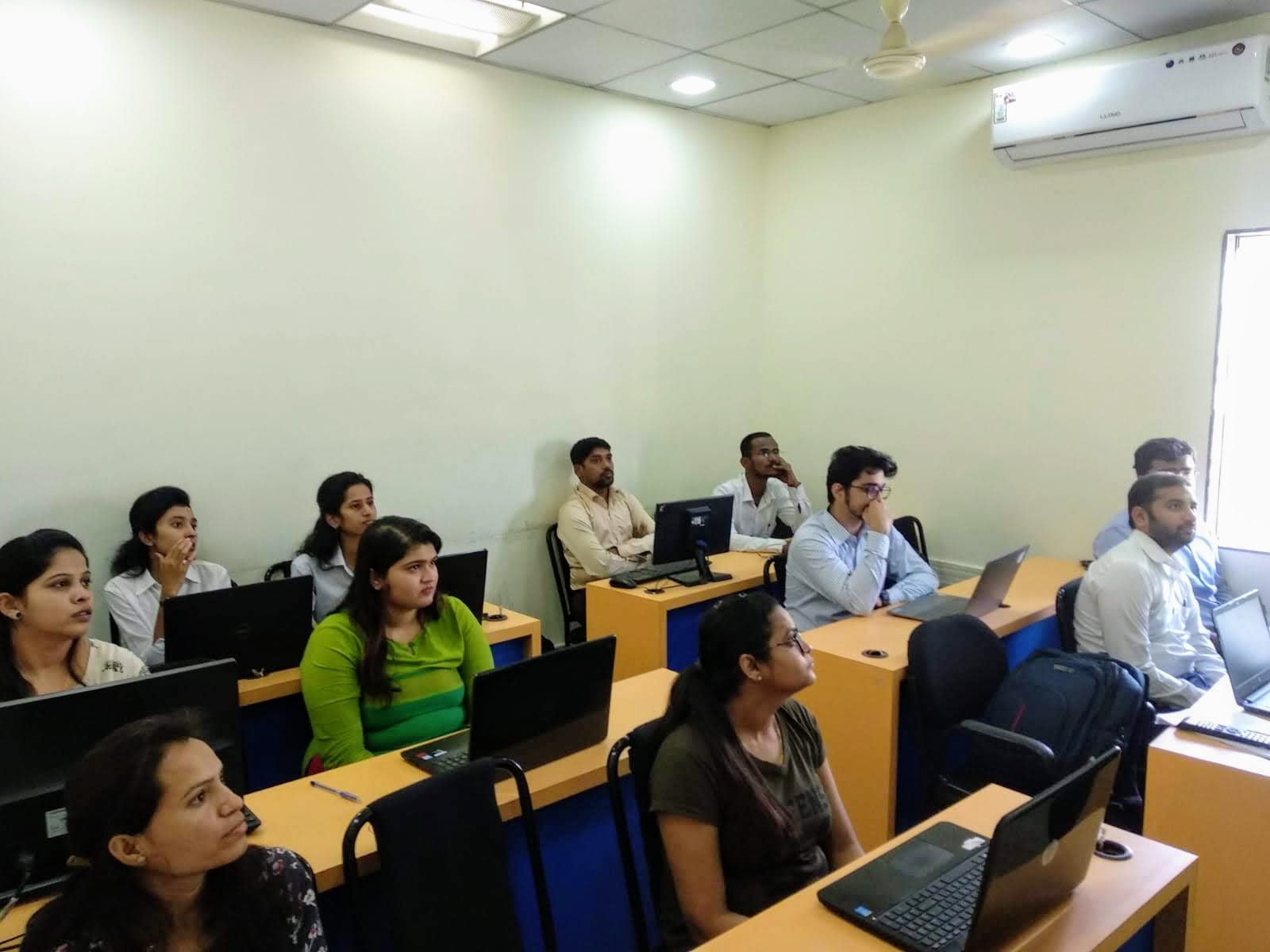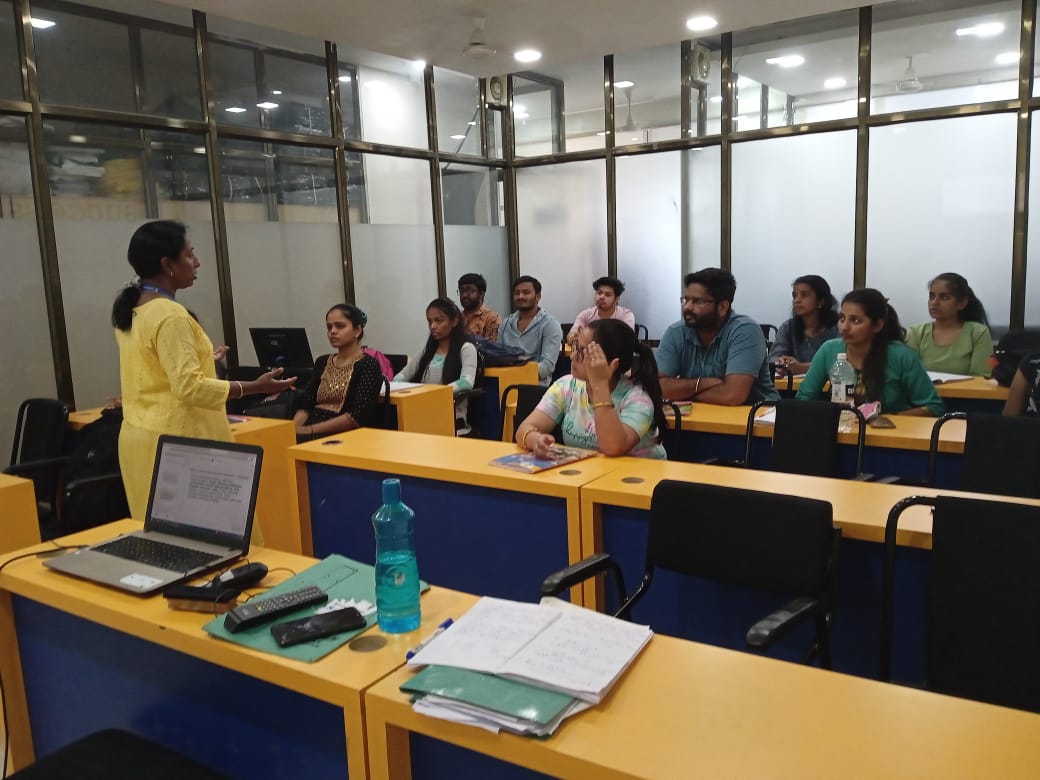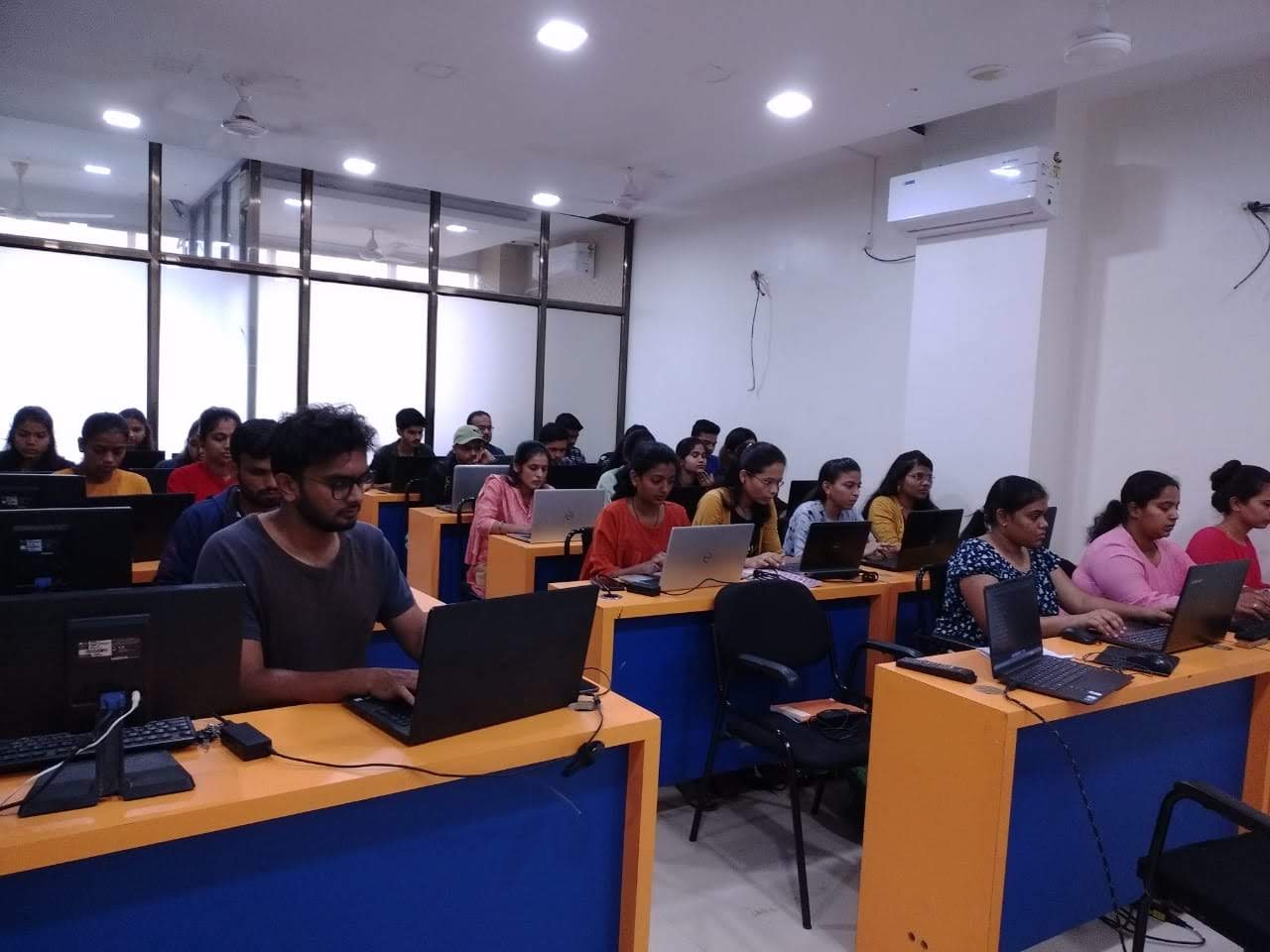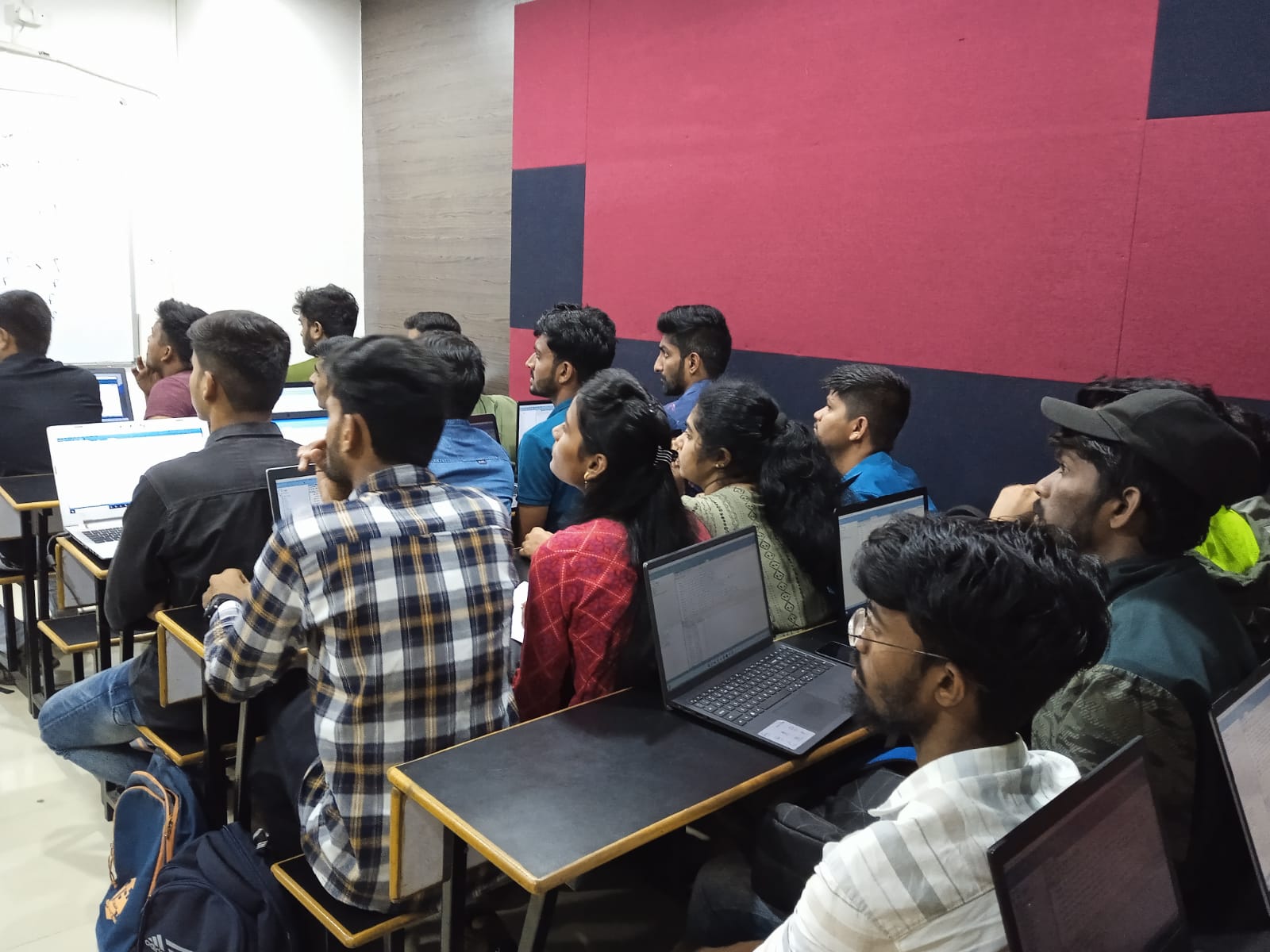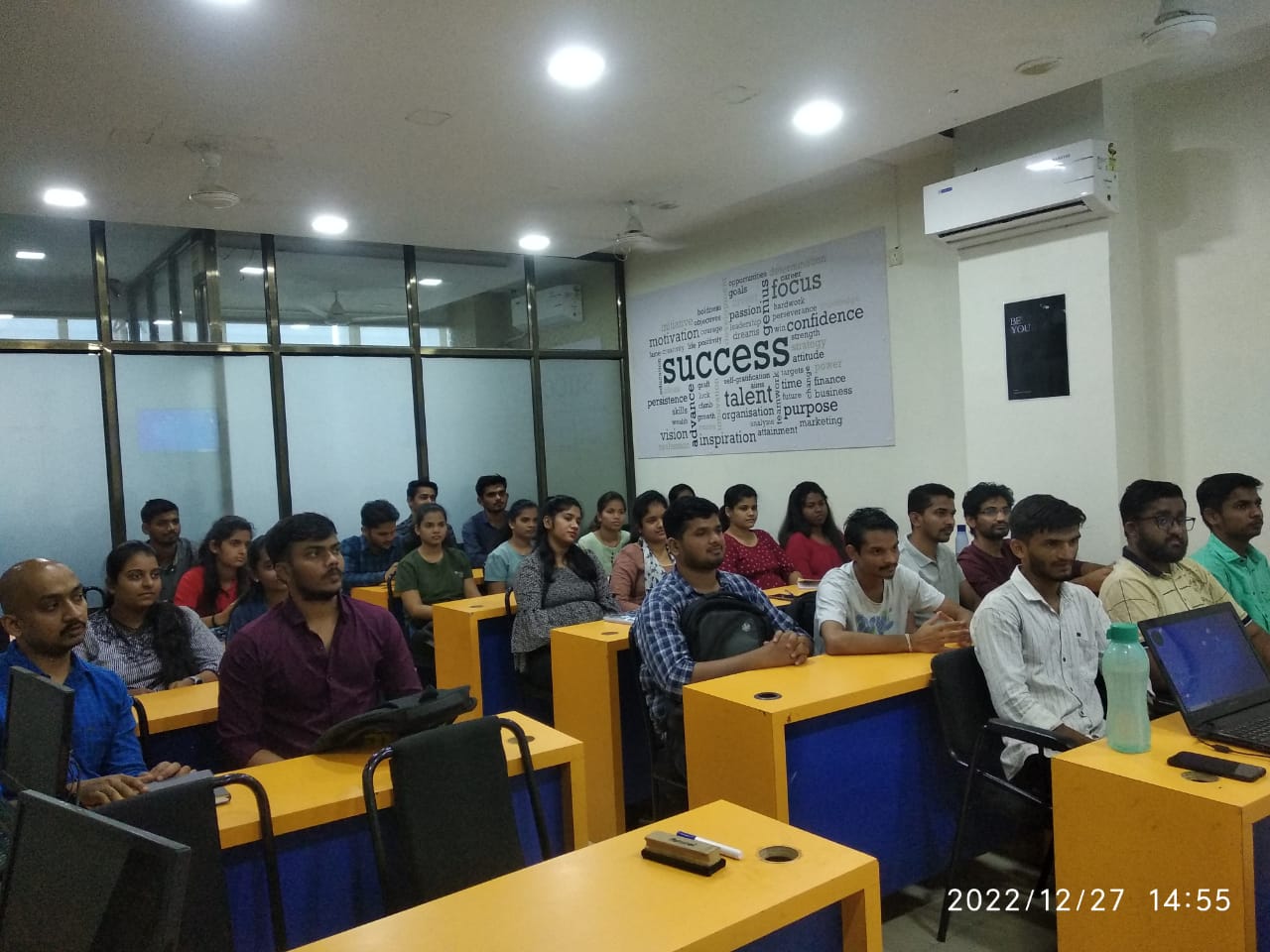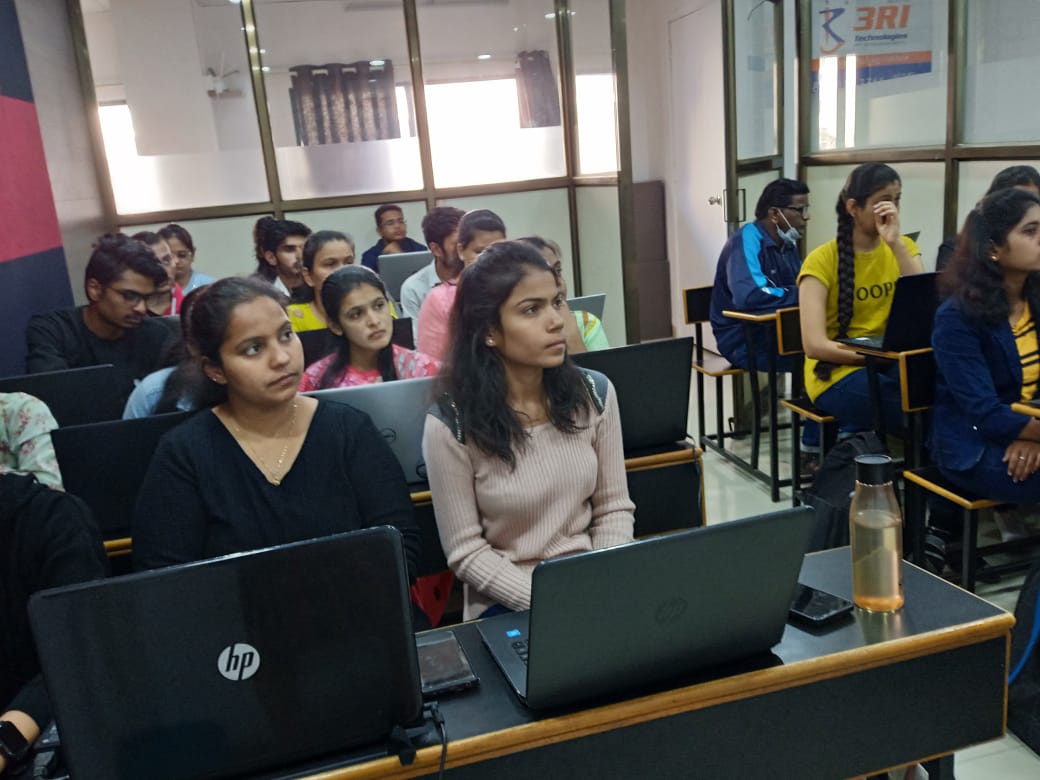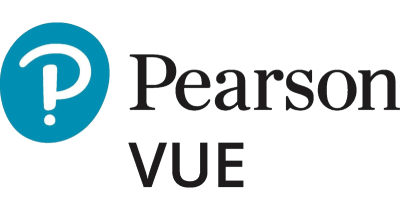DevOps Engineer Training
100% Job Assistance
This course covers key topics such as continuous integration, delivery, and deployment, as well as tools like Jenkins, Docker, and Kubernetes. Learn real-world DevOps practices and gain hands-on experience with industry-standard tools. The training is designed to prepare you for the challenges of managing complex software development and IT operations. Enroll today and start your path to becoming a skilled DevOps engineer.



Course Duration
3 Months
Live Project
Certification
Training Format
Live Online /Self-Paced/Classroom
Key Features
Course Duration : 8 Weeks
Real-Time Projects : 2
Online Live Training
EMI Option Available
Certification & Job Assistance
24 x 7 Lifetime Support
Our Industry Expert Trainer
We are a team of 10+ Years of Industry Experienced Trainers, who conduct the training with real-time scenarios.
The Global Certified Trainers are Excellent in knowledge and highly professionals.
The Trainers follow the Project-Based Learning Method in the Interactive sessions.
Mastering in DevOps Engineering Course Overview
The DevOps Engineer training at 3RI Technologies covers essential skills to master DevOps methodologies using tools like Jenkins, Docker, and Kubernetes. This comprehensive course prepares individuals for roles that automate the deployment process, boosting efficiency and collaboration between development and operations teams. Hands-on sessions and practical projects ensure you gain industry-relevant experience, with a focus on DevOps best practices. Upon completion, students are well-prepared for certification and real-world DevOps challenges.
DevOps is known to be a famous methodology used by companies to get an update about computing processes to implement improvements if required. A proficient DevOps engineer works as a link between different departments that perform software maintenance, faster updates, and write codes that are easy to access.
But, in the process, one big hurdle comes is a way is lack of skills in them. The prime reason for implementing DevOps restructuring is hiring a DevOps engineer. Therefore, it is important for any person who wants to become a DevOps Engineer must possess a good set of skills required both for development and operations.
Overview of Mastering in DevOps Engineer Course
The masters in DevOps Engineering program helps in preparing your career in DevOps, which is undoubtedly a fast-emerging field. It helps in bridging the gap present between operations and software developers. The DevOps engineer work by applying system thinking to create great architectures such as Netflix and Google. Mastering in DevOps Engineering allows you to manage the operations of different software development, using modern engineering tools and streamlining the software updates. DevOps engineers must have a strong understanding of various methodologies and industry standards to complete the processes.
Mastering in DevOps Engineering course is specifically meant for aspiring DevOps engineers who want to become experts in this field. At the time of this course, students will learn about established and emerging concepts of DevOps. The main objective of this course is to help the students to become experts in DevOps methodology. The main features of this DevOps engineering course are –
- Complete the course as per your suitability
Whether you want to take classes in the morning or evening, on weekends or on a weekday; our courses are designed likewise so that you can take benefit from multiple options offered by us.
- Can’t miss a class
With the DevOps Engineering program by 3RI Technologies, you can always choose the batch according to your time and availability. This helps you never miss a class.
- Get trained professionals
Our professionals are always ready to give answer all your queries regarding DevOps Engineering.
These features make us different and the best among our competitors.
DevOps is a great career to pursue for someone who wants to become an experienced professional in the IT field. Someone who does a Mastering in DevOps Engineering can see potential growth in the future. Moreover, it also allows you to have good communication and make good collaborate with different teams. After the completion of the course, one can get hired as –
- System Engineer
- Automation Architect
- Release manager
- Automation engineer
- Integration specialist
- Security Engineer
- Developer tester
- DevOps Engineer
- Application Developer
- DevOps specialists
One can choose from all the options available above and make a career ahead in the same field.
3RI Technologies is a well trusted organization offering a Mastering in DevOps Engineering course for both fresher and experienced people who are looking to make a career ahead as DevOps experts. This DevOps engineer course will help you in teaching the DevOps basics and prepare you for a successful career in the corporate world.
Our specially designed DevOps engineer training covers all the topics and provides you with hands-on experience in the real world. Our institute is amongst the best training institutes in Pune. It is meant for students who like to get into the industry and pursue a DevOps career ahead. With time it is getting popularity and offers business as well as technological advantages too. The training is performed in various phases so that students find it easy to learn this program. Our certified professionals provide training sessions to students so that they get better learning and get deep insight.
Enrolling in the DevOps program helps the students to work on various projects and get real-time experience. DevOps Engineer course allows the applicants to get the key skills and master different things like Continuous Integration, Configuration Management, Deployment, Monitoring, and Deployment meant for using various tools.
Basically, the DevOps Engineering program is specifically designed as a structured learning path. Through online classes, and live structure, the professionals are able to give proper training. Hence, it is best to choose 3RI Technologies if you are seriously thinking about enrolling yourself in the Mastering in DevOps Engineering program.
Have you ever used software that is not workable and increased your frustometer?
Well, if you had then this is really a matter to get tensed and that’s the reason DevOps is introduced to the users. DevOps Engineering is a program that allows users to get a continuous review of the software development processes. This helps them in providing a better product in the end.
It is actually a kind of approach where the software development team works in collaboration with the operation department in different stages of development. By doing the DevOps training, the applicants can easily understand how and what you need for the implementation process.
It is important for those who are involved in software creation must know the advantages of DevOps Engineering. Based on your skill set and experience, you can choose the DevOps engineering course.
- Minimize the production cycles
If a company follows siloed structure, that means it has different development and operation team that can extend the production cycle which is not needed. It is also difficult for both teams to collaborate with each other. Thus, DevOps Engineering eliminates this problem.
- Improve the deployment success rate
Programming errors are known to be one of the main reasons behind deployment failures. Programming errors are considered to be a prime reason behind deployment failure. With the DevOps approach, this problem can easily be detected at an earlier phase.
- Better communication and collaboration
It’s true that DevOps has surely revolutionized the software culture. This is done for the purpose to make every team work together on the same goal. In spite of working on a different objective, they work all together to achieve the goal. So, DevOps works in this direction.
- Improved efficiency with the automation process
Continuous integration helps in minimizing the manual processes include including testing and development processes. DevOps provide you the option of automating your development processes while focusing on tasks that need to be automated.
- Working with the best developers
Professional developers are experts in doing things while some of them are very poor in coding skills. Don’t worry because DevOps offers the right solution by assessing the developers’ performances within a DevOps team. This actually helps in identifying that software creation is not about coding. Generally, there are many things involved in the complete process. Thus, a person who doesn’t know much about coding or is not good at this can learn with the help of DevOps.
- Creating a good organizational culture
When a company works as a DevOps team then there is a possibility of increasing the interpersonal relationship and building the trust among workers. This can be done by promoting a good understanding among the teams, of what are their challenges and how to deal with them. Such kind of cooperation is useful in boosting worker confidence.
- Upsurge the product quality
DevOps methodology is basically meant for building the quality of development processes. Therefore, you can avoid any kind of unplanned work. While focusing on security at the time of designing and development, there are fewer chances of issues that not only save time but also require fewer resources.
- Growth of your value
The IT industry is witnessing lots of emerging trends and all are promising, speedier, and comfortable to work with. With time, IT professionals should adapt to these changes and if they don’t do this then they will definitely leave behind. If you are looking forward to making a career in the IT field, then it will be good for you to do a Mastering in DevOps Engineering and improve your automation capabilities.
- Become a professional
For most organizations, security is a prime concern as the chances of hacking is increased over the last few years. That’s the reason; these companies are focusing more on DevOps to complete the skills gap. It is a clear indication that DevOps best practices are helpful in improving your skills.
- The rise in your salary
Nowadays, DevOps practitioners are high in demand as they are hired to improve the companies’ workflow processes. Thus, the companies are looking for more and more qualified professionals
These benefits can change anyone’s decision to enroll themselves in the DevOps course offered by organizations among whom 3RI Technologies is best.
If you are seeking a career as DevOps Engineer, you need to have qualifications in computer science or industrial experience.
- Have a Bachelor of Computer Science or similar degree which generally focuses on the development of software.
- Improve your skills and knowledge by doing postgraduate industry certifications like Graduate Certificate in Computer Science, PMI Agile Certified Practitioner (ACP) and Master of Engineering (Software).
- Getting industrial experience by getting exposed to scripting and programming languages, agile principles and cloud technologies.
Nowadays, developers or engineers are not the only ones who are showing interest in DevOps. More and more people are getting the knowledge, practices and automation processes of DevOps. Moreover, for making the tasks easy it requires offering a collaborative environment to DevOps Engineer.
Skills Required
- No Prerequisites
- Knowledge of hardware & networking is Advantageous.
Mastering in DevOps Engineering Course Syllabus
Best in Class Content by Leading Faculty & Industry Leaders in the form of Videos, Case Studies and Projects, Assignments and Live Sessions.
- Programming Basics
- Fundamentals of Computer
- Understanding Applications Using
- Windows Explorer & File Structure
- Number Systems
- Application Software.
- Operating System & Networking
- Need for the operating system
- Functions of Operating System
- Process Management
- Memory Management
- File Management
- Device Management
- Types of operating system
- TCP/IP fundamentals
- Introduction to Database Mgt Systems
- Introduction to Database
- DBMS, RDBMS, ORDBMS
- DDL, DML, DCL, TCL
- Data types
- SELECT Statement
- Restricting and Sorting Data
- Aggregating Data Using Group Functions
- Manipulating Data
- Subqueries
- Important Functions
- Joins and different types
- Introduction to Cloud & AWS
- Define cloud computing.
- Cloud computing Infrastructure.
- Cloud service and deployment models.
- Common misconceptions about cloud computing.
- Common cloud Implementations.
- Architecture discussion
- Lab preparation
- AWS account creation
- Overview of major AWS services
- Benefits of studying AWS
- Identity And Access Management Techniques (IAM)
- Understand Users, Groups, and Roles
- Policies and Policy documents
- Lab creating roles, user, and groups
- Access control
- Policy management
- Lab policy creation
- Restricting different services for users.
- Amazon Elastic Compute Cloud (EC2)
- Defining EC2 Instances
- Different type of Images (AMI)
- Lab creation Linux/Windows EC2 instances
- Lab connecting to EC2 instances
- Lab AMI creation
- Volumes (EBS)
- Lab volume creation
- The lab set up a volume once attached to Ec2
- Lab snapshot creation
- Lab security Groups
- Key Pairs
- Elastic Load Balancing
- Lab Elastic load balancing
- Launch configuration
- Auto-scaling concepts
- Lab Autoscaling
- Lab creation of billing alerts
- Lab Cloud Watch
- S3
- S3 buckets and their usage
- Lab creating an S3 Bucket
- Lab uploads and retrieve data from the S3 bucket.
- Lab giving privileges on to S3 bucket.
- Lab on S3 policies and ACLs
- Lab Life Cycle Management
- Lab object expiration in S3
- Lab S3 Versioning
- S3-RRS, S3-IA and Glacier
- CORS
- Lab S3 Policy
- Lab hosting a website on S3
- Networking: Setting up VPC and NAT
- Lab creation of custom VPC
- Default VPC concepts
- Lab CIDR notation
- Subnets and routing concepts
- Different methods to connect to custom VPC
- Lab to create Subnets
- Lab ACLs
- Lab Routing rules.
- Lab to create security groups at an instance.
- A lab setting up public and private subnets
- A lab setting up Internet/Nat gateway
- Lab Securing your network.
- Lab Network ACLs
- AWS Databases RDS and Dynamodb
- AWS Database services overview – RDS, DynamoDB, Elasticache, Redshift
- Lab creating RDS instances
- Read Replicas
- RDS scaling concepts
- RDS Postgres SQL server
- RDS Oracle Server
- Database migration Service
- Lab configuring Multi-AZ failover
- Lab accessing a database hosted on RDS
- DynamoDb Core knowledge
- Scaling with Dynamodb
- DynamoDb write and read unit calculation
- Elasticache concepts
- SNS, SWF, and SQS
- Working with the simple notification system.
- Understanding queuing service.
- SNS and SQS real-time use case
- Introduction to SWF and use case
- Lab on SNS
- Application Services
- R53 and DNS
- Domain registration
- R53 routing policies
- Lab on routing policy setup
- Routing policies in detail
- AWS CloudFront
- AWS Cloud Formation
- Deployment Using Cloud Formation
- Direct Connect
9. Bonus Brief Introduction to Docker
- What are containers and images
- Introduction to Dockers
- Architecture of Docker
- Lab working with Dockers
UNIX/LINUX
- Introduction to UNIX and its flavours
- UNIX architecture
- File System
- User and Group Policies
- Unix general commands
- Concept of Files and Directories in Unix
- File Permission and related commands
- Filter Commands and their options
- Vi Editor
PROJECT: WORK AND CASE STUDIES
- Deploy a Python/Java application
- To access/create/upload files on S3 through EC2/Lambda
- To create tables, insert values in Dynamo-Db through EC2/Lambda
- Lab on Kinesis, through cloud formation
- Designing Fault-tolerant and Highly Available architecture (ELB)
- Host Static Website on S3
- Build a Serverless Web Application
- Build an Alexa Skill
PREPARATION FOR AWS ASSOCIATE CERTIFICATIONS
- 500+ Practice Questions, in-line with certification.
- Doubts Clarification Session
- Resume Preparation Guidance by Expert
- Interview Preparation by Certified AWS Trainer
1. Introduction to Python
- Why Python, its Unique Feature and where to use it?
- Python environment Setup
- Discuss about IDE’s like IDLE, PyCharm and Enthought Canopy
- Start programming on interactive shell.
- Python Identifiers, Keywords
- Discussion about installed modules and packages
- Access Command line arguments within programs
2. Conditional Statement, Loops and File Handling
- Python Data Types and Variable
- Condition and Loops in Python
- Decorators
- Python Modules & Packages
- Python Files and Directories manipulations
- Use various files and directory functions for OS operations
3. Python Core Objects and Functions
- Built in modules (Library Functions)
- Numeric and Math’s Module
- String/List/Dictionaries/Tuple
- Complex Data structures in Python
- Arbitrary data types and their Data Structure
- Python built in function
- Python user defined functions
- Python packages and functions
- The anonymous Functions – Lambda Functions
4. Object Oriented Python
- OOPs Concepts
- Object , Classes and Destroying Objects
- Accessing attributes, Built-In Class Attributes
- Inheritance and Polymorphism
- Overriding Methods, Data Hiding
- Overloading Operators
5. Exception Handling in Python
- Exceptions Handling
- Handling various exceptions using try….except…else
- Try-finally clause
- Argument of an Exception and create self exception class
- Python Standard Exceptions
- Raising an exceptions, User-Defined Exceptions
6. Debugging Python Programs
- Debug Python programs using pdb debugger
- Assert for debugging
- Testing with Python using UnitTest
- Iterable and generator in Python
- Yielding from the generators
- Standard project setup in Python
7. Regular Expression
- Regular Expressions
- What are regular expressions?
- The match and search Function
- Compile and matching
- Matching vs searching
- Search and Replace feature using RE
- Extended Regular Expressions
- Wildcard characters and work with them
8. Multithreading
- Multithreading with Python
- What is Multithreading
- Starting a New Thread
- The Threading module
- Synchronizing Threads
9.Module & Package
- Modules
- How to import a Module
- Packages
- How to create a packages
10.File handling
- Reading and writing data to a file
- read and write data from csv file
- OS module
- Rename and removing files, directories
11.Database Handling
- Create Database Connection
- Creating and accessing SQLite database
- Python with MySQL Database
- Creating Database Table
- CRUD operation on the database
- Performing Transactions
- Handling Database Errors
- Disconnecting Database
- DevOps Introduction
- What is DevOps
- Need of DevOps
- DevOps Transition
- Technical challenges
- DevOps Market trends
- DevOps Tools in Market
- CI-CD overview
2. Basic Linux and Networking Concepts
- Architecture and Filesystem of Linux
- Linux Bash Commands
- Services, User & Group management
- Sed, Awk, Cut, Find, echo, printf, cron, etc
- Loops – while, ForLoop
- Shell scripting
- Networking & OS management
- Cloud Computing with AWS
- Fundamentals of Cloud Computing
- Hypervisors, Bare Metals, KVM/XEN
- AWS introduction
- IAAS, SAAS, PAAS
- EC2, AMI, Securitygroups, Keypair,
- S3, Public, Elastic IP
- IAM, Roles, Cloudwatch
- VPC: Segreatting public, private infrastructure
- Introduction to ASG, ELB
- Source Code Management & Version Control
- Source Code Management using GitHub
- UI
- History & Need of Version Control
- Centralized VS Distributed version control system
- Github CommandLine
- Cloning, Commit, Forking, Merge, ReBase, PullRequest,GitDiff, Logs
- Exposure to CherryPick
- Continuous Integration with Jenkins
- Jenkins – Installation
- Jenkins – Configuration
- Jenkins – Management
- Jenkins – Setup Build Jobs
- Integration of JENKINS with GIT
- Integration of Maven with Jenkins
- Jenkins Dashboard
- Remote Builds and user management in Jenkins
- Exposure to backup & Jenkins Security
- Build Tools – Maven & exposure to Gradle
- Pipelines
- Monitoring
- Virtualized infrastructure
- monitoring using Nagios
- Installation & maintenance
- Exposure to Prometheus & Grafana
- Ansible
- Understanding Configuration Management
- Understanding Configuration Automation
- Understanding Desired State Configuration Management
- Understanding Continuous Configuration Automation
- Understanding Server Client-based Configuration Automation
- Understanding Remote Configuration Automation
- Introduction to Ansible tools
- Ad Hoc commands and Modules
- Yaml templates
- Playbooks
- Terraform
- Understanding Infrastructure As A Code
- What is Terraform
- JSon templates
- Managing infrastructure using Terraform
- Multiple modules
- Integrating Terraform with AWS
- Update existing templates
- Docker Containers
- Understanding MicroServices
- Introduction to Docker & Containers
- Working with containers
- Docker CLI
- Dockerfile templates
- Docker Hub – Repo, Push, Pull
- Kubernetes
- What is Kubernetes and Need
- Technical overview of Control
- Plane & Data Plane
- Kubernetes cluster provisioning using Kubeadm
- POD, Deployment, ReplicaSet, Nodes, DaemonSets, InitContainers
- Command & Args
- Multi Master architecture and exposure
- ScaleIn/ScaleOut Ad Hoc on Demand of Microservices
- Services, Secret, ConfigMap, Volumes, PVC, PV,StorageClass
PROJECT WORK
- WebBased application using Tomcat, Apache, EC2, Maven, Jenkins, Git for CI-CD flow.
- CI-CD flow using EC2 with Git,Jenkins, Ansible.
- CI-CD flow using EC2 with Git,Jenkins, Docker/Containers & and Ansible.
OTHER LEARNINGS
- Multiple examples of JenkinsFile for Jenkins Pipeline – production grade
- Integrating DockerFile with Jenkinsfile
- Inducing Shell scripts with DockerFile and jenkinsfile
- Push existing code of Container ImageBuild to DockerHUb
- Induce Continuous Deployment using Shell script via an EC2 instance
- Exposure to GitOps model
- Induce Githook to automate the CD part
- Exposure to other industry-standard tools like FLUX, Travis
- Continuous Deployment on a Kubernetes Cluster
- Exposure and demo on Prometheus & Grafana implementation on
- Kubernetes
- Induce load on MySQL microservice and monitor throughput,IOPS,
- Latency from Grafana
- UI, metrics being sent by Prometheus
- Other industries used security measures for Containers
- Best real-time practices wrt CI-CD model for microservices on Kubernetes
- General talks wrt Interview Questions for each topic
Who can apply for the course?
- Graduates who want to become AWS Cloud Architect.
- BE / BTech / MCA passed aspirants to make their career in Cloud Computing.
- IT-Professionals who want to get career in AWS Cloud Computing.
- Professionals from non-IT bkg, and want to establish in IT.
- Candidate who would like to restart their career after a gap.
- Linux or Windows Support Engineer for next level of their career.
Want an Expert Opinion?

Industry Projects
Learn through real-life industry projects sponsored by top companies across industries.
- Project Implementation with Real-Time Scenario.
Dedicated Industry Experts Mentors
Receive 1:1 career counselling sessions & mock interviews with hiring managers. Further your career with our 300+ hiring partners.
Batch Schedule
Schedule Your Batch at your convenient time.
Sr. No.
Module Name
Batch Start Date
Batch Days
Timing
Enroll
Skills to Master
GIT
Devops
Nagios
Maven
Jenkins
Gradle
Docker
Ansible
Puppet
Terraform
Kubernetes
Jira Software
Tools to Master
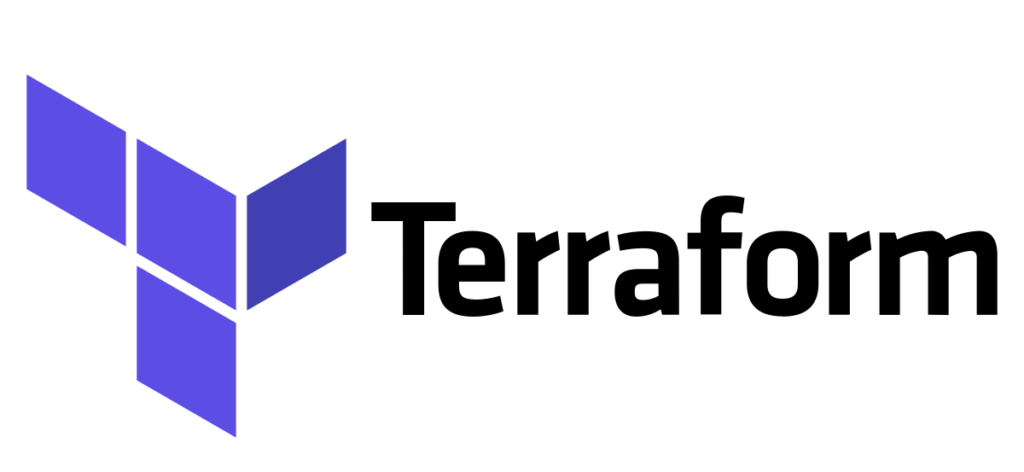



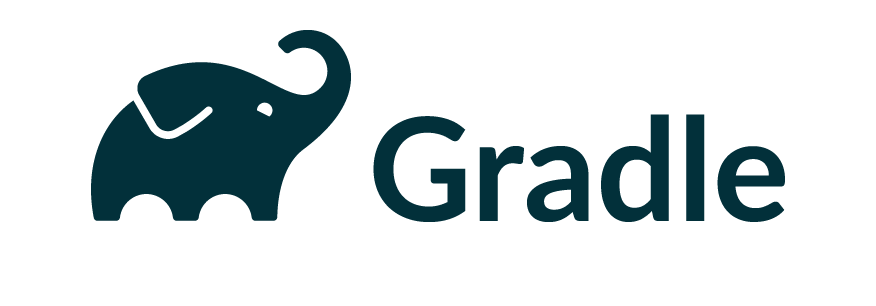


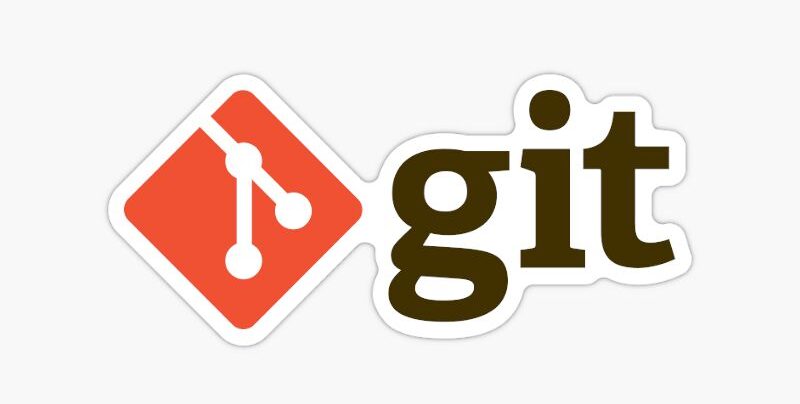


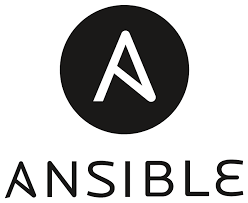

As a part of this AWS online course, you will need to attend all the classes that will be conducted. If you miss any class due to any personal reason or health reason, you would need to attend the coverup class with the next upcoming batch. As an alternative, you can also hear the recording of the LIVE class. In case you have any doubt concerning the missed class, you must get it clear in the next class before you proceed ahead.
You will have to actively participate in all the quizzes conducted during the class. You must also be actively involved in competitive discussions during the class.
You will have to finish all your assignments on time and submit them for assessment to the instructor. They will provide you with feedback and give you suggestions on areas of improvement if needed.
All our trainers will be guiding how to think for a solution for any given problem scenario that will be taken up as a case study during AWS online class.
At the end of the AWS online course, you will have to appear for the theory and practical exam that will be conducted by 3RI Technologies. This will help us in understanding your level of expertise. If you pass this exam and perform well during the class, then you will receive a Certificate of Completion from 3RI Technologies. This certificate finds recognition with most of the reputed companies in the IT sector. This certificate will show your credibility and your knowledge level to your future employers.
In case you are not able to clear the exam, the instructor will help you identify your weak areas and help you to get better at them. Once you are confident, you may reappear for the exam and pass with flying colors.
What are the requirements to unlock my AWS 3RI Technologies Certification?
The most important criteria to unlock AWS 3RI Technologies certification is to complete all your assignments and LIVE project on time. You would also need to implement any changes that might be suggested by your instructor for improving the assignments.
You also need to appear for an online exam that will be graded. Once you clear this exam you will become eligible for getting the certification from 3RI Technologies.
Along with this exam, your overall performance during the class will also be an important factor that will be considered before you get your AWS certification from 3RI Technologies.
How long does it take to complete AWS online training?
You will complete this AWS online class in 2 months. It can be completed in a shorter duration by taking up a fast-tracked course where you spend more time dring each class.
You will need an additional 10-20 hours to finish with your assignments and LIVE project.
What is the value of AWS Online training certification in IT companies?
The certification that you will earn will take you from a beginner to an expert in AWS. You will also get a chance to work on real scenarios taken from the industry. Such kind of project will help you understand the complete development cycle that is followed in the industry. You will also learn how to handle such scenarios in any company.
After this certification, your next step would be to appear for the exam to obtain Global certifications provided by Amazon itself.
How many chances do I get to pass the online exam conducted for AWS online training?
You will be given sufficient chances to appear for the final online exam unless you clear the exam. However, we are confident if you attend the classes regularly, complete all your assignments and LIVE project, you will surely pass this exam on the first attempt. If you are still facing any difficulty feel free to ask all your questions during the AWS online class.
If, I fail the online exam how quickly can I reappear for the next exam?
If you are not able to clear the exam on the first attempt, our instructors will sit back with you to assess what went wrong in the exam. Their analysis will help us understand your weak areas. Then the instructors will work with you in those areas to improve your understanding in those areas.
Ideally, there needs to be a minimum of 15 days gap before you repeat the exam so that this time you have prepared for your best efforts.
Pearson VUE center has accredited 3RI Technologies as their exam partner. We conduct several exams for global certifications which are duly accredited by companies globally. So when you enroll for AWS certification training online at our center, you can appear for the certification exams by Amazon directly at our center.
As a recommendation, you should appear for the online exams for AWS global certification to improve your credibility for future employers.
AWS is growing in popularity in today’s market. This has increased the demand for skilled AWS certified professionals. These certifications will help you to stand out against all the other candidates who have undergone AWS training.
As a part of our AWS online class, we will train you on how you should appear for these exams. You will be attempting several practice exams to prepare for these exams. Also, we can help you with doing the online/offline registrations for these exams with the help of our dedicated team.
These AWS certifications will enhance your knowledge. But the practical sessions that are part of our AWS online training is the real beauty of our program. This will prepare you to be easily absorbed by any company owing to your practical knowledge.
You may plan to prepare for any of the Amazon approved AWS certifications like AWS Foundation Level certification, AWS Associate Level Certifications, AWS Professional Level Certifications.
If you are a fresher you may plan to take up the Foundation level certification. If you are a working professional already, you may pick up an Associate Level certification. To showcase expertise with AWS, you may plan to prepare for Professional AWS certification.
This is an MCQ-based exam and the duration for this exam is 90 minutes. There is no prior knowledge required before pursuing this certification training.
This certification will validate your below skills
- Basic AWS infrastructure knowledge
- The Architectural principle and value proposition of AWS
- Understanding of key services in AWS
- Security, Network, and billing aspects of AWS
- Deployment and Operations in AWS cloud
This is again an MCQ-based exam and the duration for this exam is 130 minutes. There is no prior knowledge required before pursuing this certification training. However, if you have some programming knowledge or have worked on the AWS platform then you have a cutting edge over other candidates.
This certification will validate your below skills
- Basic understanding of the core AWS services and their use.
- Knowledge in developing AWS based cloud applications.
- Knowledge of deploying and debugging AWS-based cloud applications.
This is again an MCQ-based exam and the duration for this exam is 130 minutes. However, you need to have at least a year of experience working on the AWS cloud platform before you appear for this exam.
This certification will validate your below skills
- Basic understanding of how to design a robust application on AWS cloud.
- Defining a solution to meet the customer requirement.
- Sharing the best practices that can be adopted by a given organization during the implementation phase.
Once you enroll yourself for the AWS certification online training at 3RI Technologies, you will be prepared to appear for any of these exams through practice exams. Also, the practical sessions will give clarity of concepts before appearing for these exams.
Once you have earned this certification you may plan to appear for the Professional level certification. For that, you need a minimum of 2 years of working with AWS cloud services.
Frequently Asked Questions
DevOps Engineer course is designed for people who want to learn the principles of deployment and continuous development, inter-team collaboration, IT service agility, automation of configuration management and many other things. DevOps is known to be the highest-paying role in many companies.
To be a DevOps Engineer, you have to do a basic qualification in Computer Science or the associated field. By completing a Bachelor of Computer Science, you can apply for courses available to master the field.
Usually, most of the applications work according to the codes. That means, without writing and rewriting the code, the applications will not show any change. Thus, in most of companies, DevOps Engineer writes codes in Linux, Python and some other programming languages.
A career in DevOps is highly in demand and companies hire skilled professionals for solving different problems. But, that doesn’t mean it is hard to pursue. Basically, it is not that much harder and not that much easier to learn. Sometimes, people find it difficult to pursue this and take time to complete it.
The prime aim of doing Mastering in DevOps Engineering is getting the in-depth knowledge of methodologies, tools and concepts include in the process. By learning them, one can become an expert DevOps Engineer. The course offered by 3RI Technologies is proven to be right for many people who want to fulfill their dreams of becoming DevOps Engineer.
Currently, companies are purposely looking for DevOps Engineers and you can see the jobs for these professionals. They help the businesses to improve their productivity, minimize the time for products to come into the market, and get the better Return of Investment.
The program of Mastering in DevOps Engineer Training is approximately 20 weeks. It is completely upto an individual to complete the course at their own pace.
Usually, in the final module of the DevOps Engineering course, you can come through various use cases and real-time projects. by solving each of them, you can get experience on how to work as DevOps Engineer.
It is important for DevOps engineers to be experts in coding and scripting. Apart from this, they should also have the knowledge of programming languages like Python, PHP, Shell, JavaScript, Ruby and others. With this knowledge, it will be easy for them to get ahead in the career path.
To become a DevOps Engineer, there are certain skills that help them to polish their expertise. These skills include learning code management monitoring and testing, having knowledge of DevOps Tools and Technologies, knowledge of Linux and Web Scripting should know about the DevOps concepts, and there are many other skills too that they should also be focusing on.
DevOps undoubtedly offer a bright future to the people who are seeking a good career in IT field. It offers unmatched opportunities in different fields and therefore offers a great salary in future.
After the completion of Mastering in DevOps Engineering course, you are eligible to get a good packaged job like Release manager, security professional, site reliability, automation engineer and DevOps Architect.
I'm Interested in This Program

Our Clients
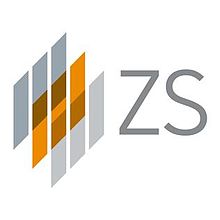
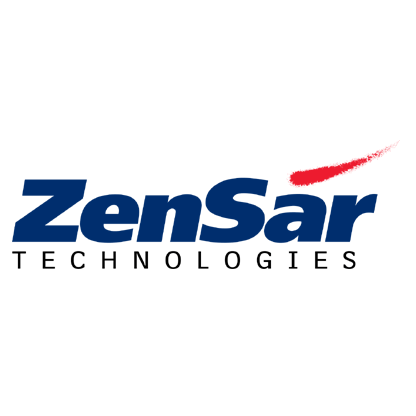
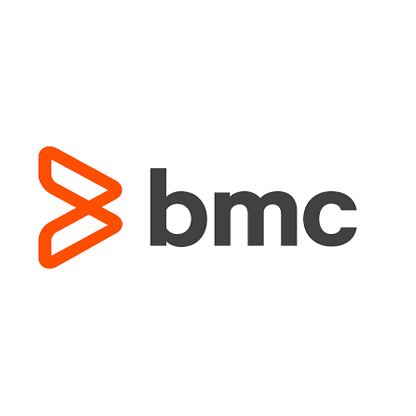

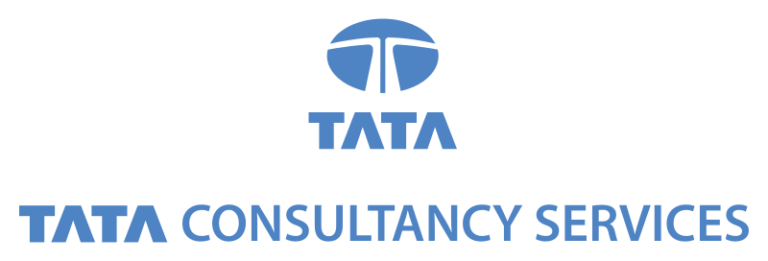
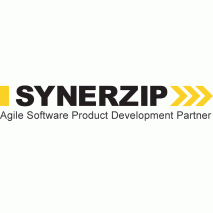
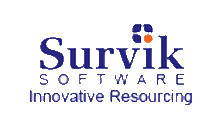
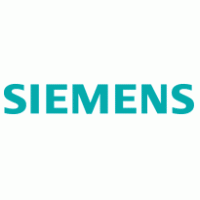
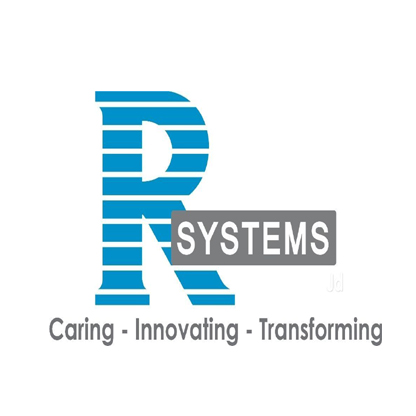


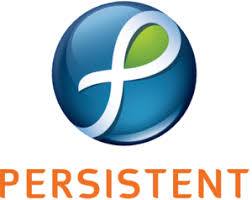
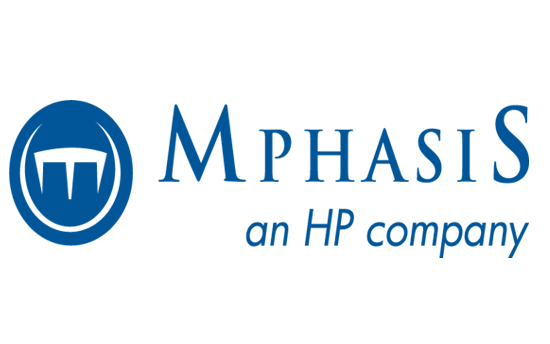


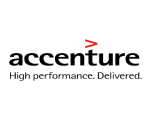

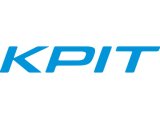
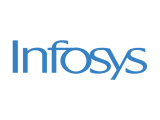
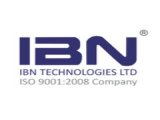
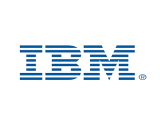


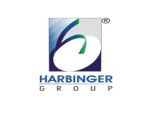

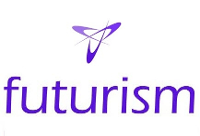
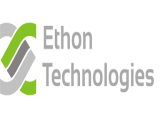
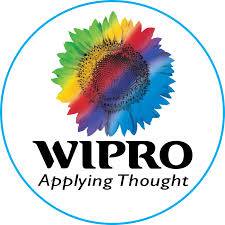
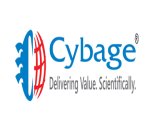
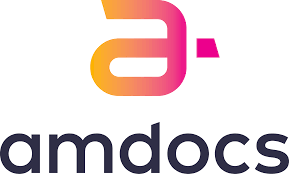
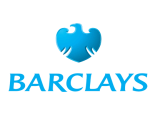
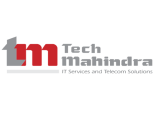


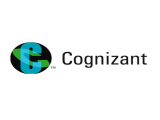




Mastering in DevOps Engineer Course Testimonials
What our students talks about us. If you were student of 3RI and wants to share your thought about us, kindly mail or call us.
Mastering in DevOps Engineering Course Information
Our Cloud Computing Online Programs
Our Gallery
